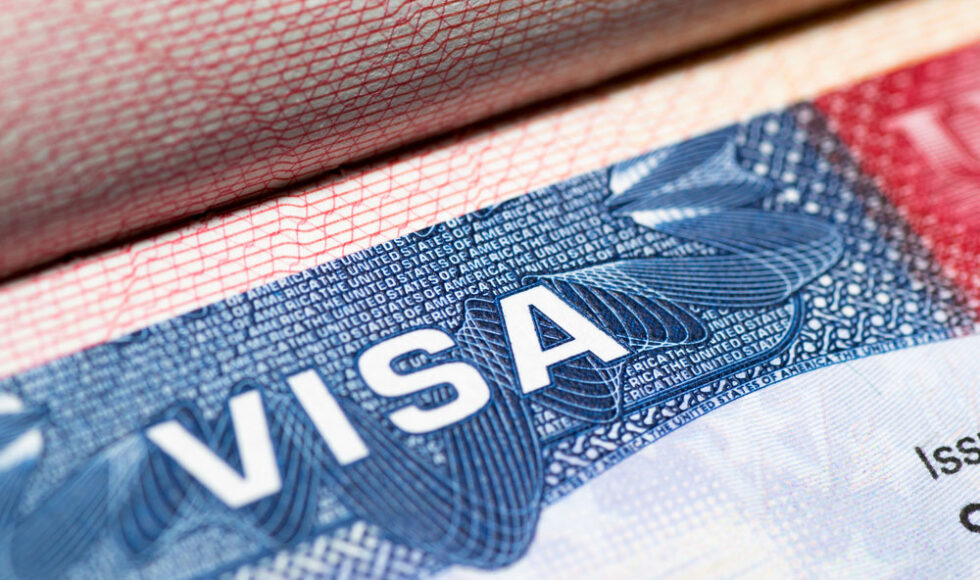EB-4 Special Immigrant Religious Workers Green Card
Ministers and non-ministers in religious vocations and occupations may immigrate to or adjust status in the U.S. for the purpose of performing religious work in a full-time compensated position.
The special immigrant religious worker category is one of several employment-based fourth-preference (EB-4) visa classifications.
Eligibility Criteria
To qualify as a special immigrant religious worker, the alien must:
- Have been a member of a religious denomination that has a bona fide non-profit religious organization in the United States for at least 2 years immediately before the filing of a petition for this status with USCIS.
- Seek to enter the United States to work in a full time, compensated position in one of the following occupations:
- Solely as a minister of that religious denomination;
- A religious vocation either in a professional or nonprofessional capacity; or
- A religious occupation either in a professional or nonprofessional capacity.
- Be coming to work for either:
- A bona fide non-profit religious organization in the United States; or
- A bona fide organization that is affiliated with the religious denomination in the United States.
- Have been working in one of the positions described above after the age of 14, either abroad or in the United States, continuously for at least 2 years immediately before the filing of a petition with USCIS. The prior religious work need not correspond precisely to the type of work to be performed. A break in the continuity of the work during the preceding two years will not affect eligibility so long as:
- The alien was still employed as a religious worker;
- The break did not exceed 2 years; and
- The nature of the break was for further religious training or for sabbatical. However, the alien must have been a member of the petitioner’s denomination throughout the 2 years of qualifying employment.
Note: Full time work is an average of 35 hours per week. Compensated may mean salaried or unsalaried.
A U.S. employer, or the worker on his or her own behalf, must file Form I-360, Petition for Amerasian, Widow(er), or Special Immigrant, to request special immigrant religious worker classification. Both the employing non-profit religious organization and the religious worker must satisfy the requirements listed below. If a petitioner believes that one of these requirements substantially burdens the organization’s exercise of religion, it may seek an exemption under the Religious Freedom Restoration Act (RFRA). A written request for the exemption should accompany the initial filing, and it must explain how the provision:
- Requires participation in an activity prohibited by a sincerely held religious belief; or
- Prevents participation in conduct motivated by a sincerely held religious belief.
The petitioner must support the request with relevant documentation. USCIS will decide exemption requests on a case-by-case basis, and notes that the petitioner bears the burden of showing that it qualifies for a RFRA exemption.
| Supporting Documents Required for the Religious Organization | Supporting Documents Required for the Religious Worker |
Proof of tax-exempt status
Proof of salaried or non-salaried compensation
|
Proof of membership
Evidence to establish that the religious worker is qualified to perform the duties of the offered position. If the religious worker will work as a minister, provide:
Proof of previous religious work (either abroad or in the United States) If the requisite previous employment was in the United States and:
If the requisite previous experience was gained abroad, provide comparable evidence of the religious work |


